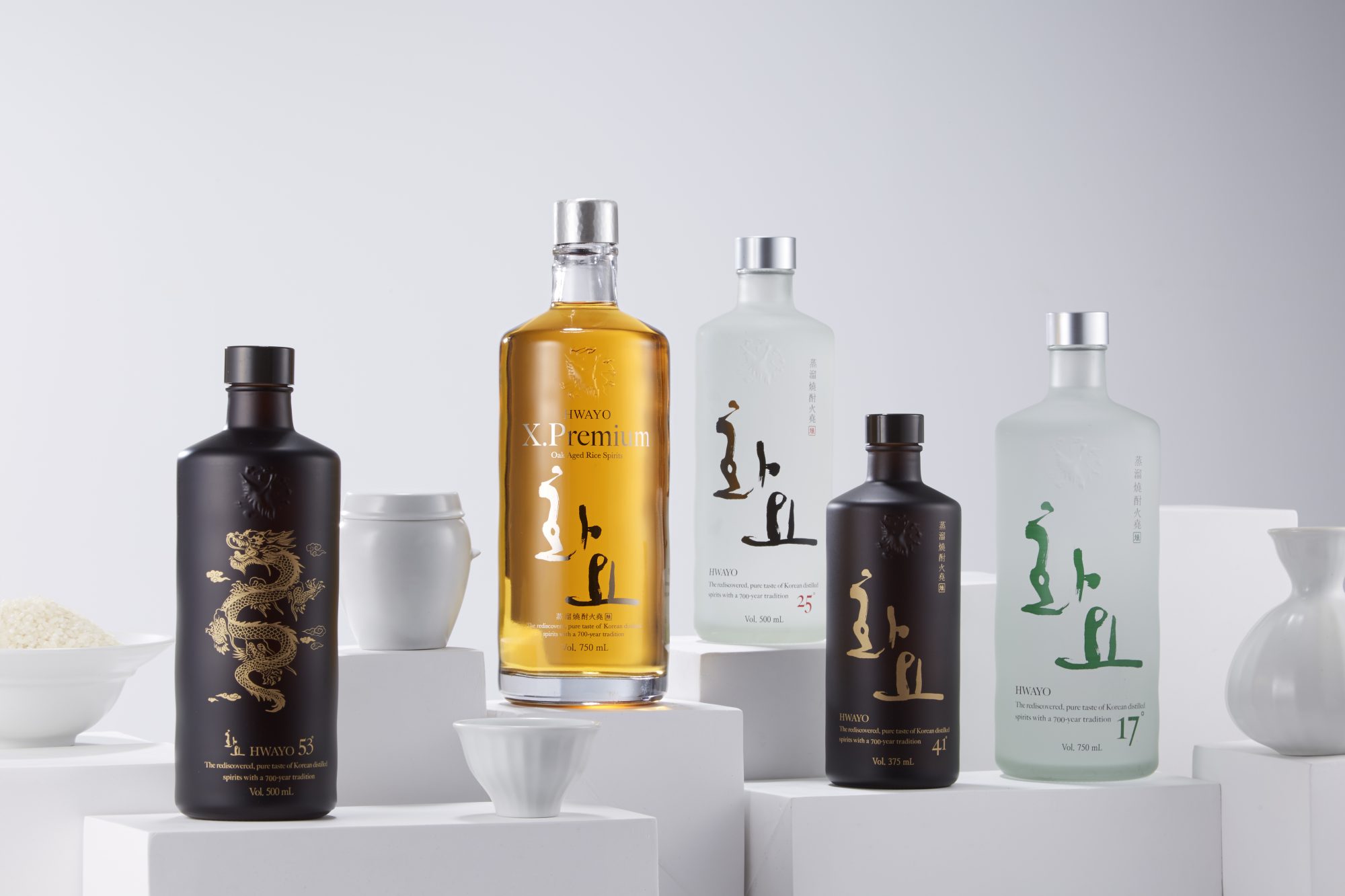French wine isn’t only found at French restaurants. Scotch selections are available at bars and eateries across Canada, no matter the style of food they serve. Same goes for London gin, Mexican tequila or Russian vodka.
But, when it comes to Asian liquors, especially those not from Japan, we don’t find that sort of universality. Soju is often limited to specialty sections of liquor stores or Korean restaurants. Baijiu is not found on many bar menus in Edmonton.
Jiyun Chung and Michael Manchakowski are directors of The Moose Imports, which, since 2020, has been bringing Korean soju and rice whiskey to the Canadian market, with plans to expand to other Asian varieties, like baijiu from China and Korean rice beer, in the future.
With Parasite winning the Oscar for Best Picture in 2020, and BTS establishing itself as one of the top pop acts in the world, it’s fair to say that Korean culture is more influential on the world than ever before. Chung and Manchaowski believe the Korean cultural revolution will spread to our bars, restaurants and liquor cabinets.
“With that kind of cultural influence that’s going on worldwide, we’re also seeing an explosion in Alberta of Korean restaurants,” says Chung.
Because Alberta’s liquor restrictions on imports are less rigid than the other provinces, it makes Edmonton and Calgary the best places for Moose Imports to start.
“There’s potential for Alberta to be the hub of the most vibrant and diverse drinking culture,” she says.
“In other provinces, there are gatekeepers telling you what can and can’t come in,” says Manchakowski. “In Alberta, anything can come in. It’s not about somebody determining what the market is, it’s about what’s good determining what the market is.”
But what is Moose Imports selling? Hwayo single distills premium soju, available in strengths ranging from 17 to 41 per cent alcohol. The spirits are cured in traditional Korean clay pots, the same sort of vessels in which kimchi and soy sauces are fermented. It’s a middle ground; stronger than wine or beer, but less harsh than vodkas or gins. In Korea, soju is often consumed in shots, taken throughout the evening. It’s a social experience.
